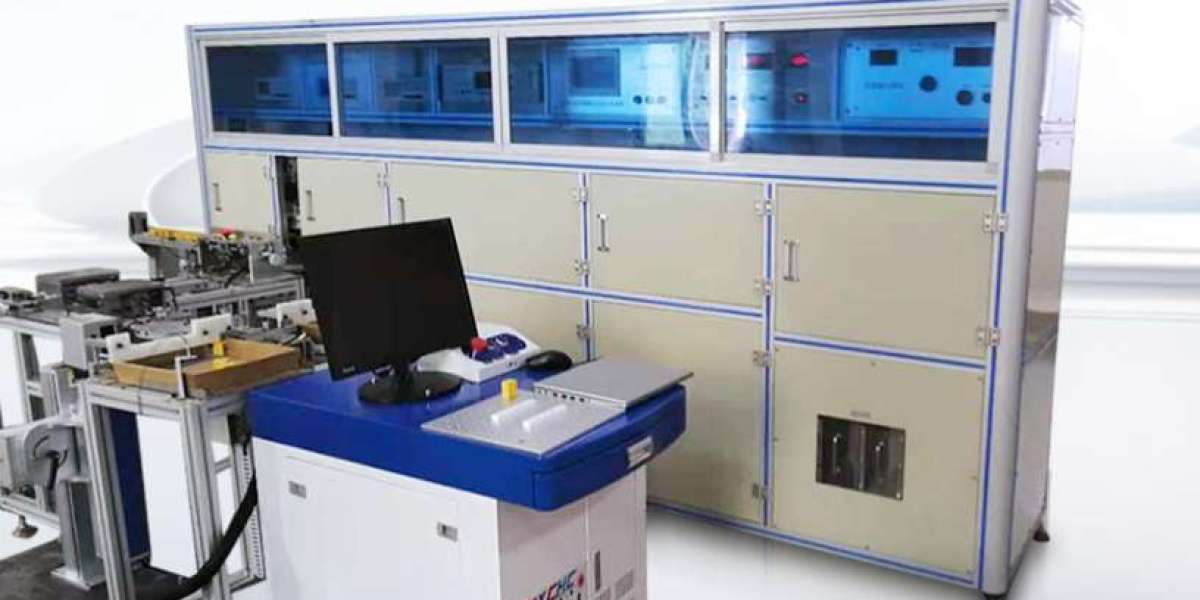The core principle of the Compact Capacitor Test Machine is to achieve precise control of the temperature inside the test chamber through the internal cooling and heating elements. Generally speaking, the equipment is equipped with a high-performance refrigeration system and a heating system. The heating elements usually adopt electric heating tubes. The refrigeration system uses a compressor to absorb and release heat during the refrigerant circulation to regulate the temperature inside the cabin.
In addition, a humidity control system usually includes a humidifier and a dehumidifier. The humidifier generates steam by heating water and injects it into the cabin to increase the humidity. The dehumidifier reduces the humidity inside the cabin by cooling. Through the precise temperature and humidity control system, the Compact Capacitor Test Machine can provide a stable and reliable experimental environment.
Technical parameters and specifications
1. Temperature range: The typical range is from -70°C to +150°C, and some equipment can even reach higher or lower limits.
2. Humidity range: The relative humidity ranges from 20% to 98%, which can be adjusted according to the user's requirements.
3. Control accuracy: Temperature control is generally within ±0.5°C, and humidity control is within ±3%RH.
4. Laboratory capacity: The common capacities on the market range from 50 liters to 1000 liters. Users can choose the appropriate specification according to their needs.
5. Circulation mode: The equipment generally adopts forced air circulation to ensure uniform temperature and humidity distribution and improve the accuracy of the test.
When purchasing the Compact Capacitor Test Machine, users should focus on the following factors:
1. Performance parameters of the equipment: Ensure that the temperature and humidity range, accuracy, uniformity and other indicators of the equipment meet the testing requirements, and that the stability and reliability of the equipment can meet the needs of long-term continuous testing.
2. Brand and after-sales service: There are numerous brands of Compact Capacitor Test machines in the market. Choosing well-known brands usually enables one to obtain higher product quality and better after-sales service, avoiding the impact caused by quality issues.
3. Control System: Modern Compact Capacitor Test machines are mostly equipped with friendly operation interfaces and advanced control systems. Devices with programming functions can achieve automatic cyclic tests of multiple groups of temperature and humidity, improving experimental efficiency.
4. Energy consumption and environmental protection: In today's era when the concept of green environmental protection is increasingly popular, giving priority to energy-saving equipment not only reduces operating costs but also minimizes the impact on the environment.
5. Laboratory space and equipment layout: Before purchasing, it is necessary to consider the space layout of the laboratory to ensure that the equipment can be placed in appropriate positions and that the coordination with other experimental equipment can form an effective experimental process.




